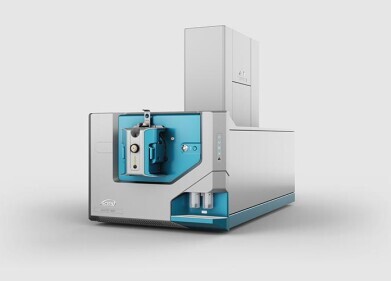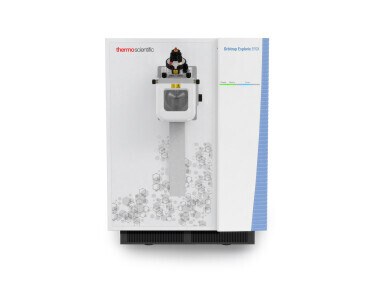Mass spectrometry & spectroscopy
Can Seaweed Combat Coronavirus?
Aug 17 2020
While Russia’s controversial COVID-19 vaccine has been dominating headlines, new research from the Rensselaer Polytechnic Institute suggests extract from edible seaweed outperforms high-profile drugs such as remdesivir when it comes to killing off the disease.
Cell studies conducted by researchers at the Rensselaer Polytechnic Institute indicate that the seaweed-based drug and common blood thinner Heparin was just as effective at eliminating SARS-CoV-2 infections in mammalian cells than remdesivir, a nucleotide analogue prodrug that attacks the virus once inside the body.
Introducing decoy cellular vaccination
The findings were published in the journal Cell Discovery, with the team explaining how the widely used anitcoagulent drug could be used to develop a treatment for SARS-CoV-2. The research is the latest example of an approach called decoy cellular vaccination, which manipulates the immunological response of the host to help the body ‘trap’ and fight off a virus.
When SARS-CoV-2 infects a host its spike proteins latch onto a molecule called the ACE-2 receptor located on the surface of human cells. It then uses this connection to infect the cell with its own genetic material and rapidly replicate. Decoy cellular vaccination is based on the idea that SARS-CoV-2 can be ‘trapped’ with decoy molecules that neutralise the virus and stop it from replicating. The decoy technique has already been used to trap other viruses such as Zika, dengue and influenza A. Now, researchers have their sights set on COVID-19.
“We're learning how to block viral infection, and that is knowledge we are going to need if we want to rapidly confront pandemics," says lead researcher Jonathan Dordick, who works as a professor of chemical and biological engineering at Rensselaer Polytechnic Institute. “The reality is that we don't have great antivirals. To protect ourselves against future pandemics, we are going to need an arsenal of approaches that we can quickly adapt to emerging viruses.”
A proactive approach to COVID-19
For the Cell Discovery paper, the team tested the antiviral activity of three heparin variants extracted from seaweed. The results were promising, with the team reporting results that outperform remdesivir, a broad-spectrum antiviral medication that’s gained major traction in the race for a COVID-19 treatment.
For Rensselaer professor Robert Linhardt, one of the most exciting developments to come out the study is the potential to target the virus from a different angle. “The current thinking is that the COVID-19 infection starts in the nose, and either of these substances could be the basis for a nasal spray. If you could simply treat the infection early, or even treat before you have the infection, you would have a way of blocking it before it enters the body,” says Linhardt.
In the pharmaceuticals sector, state-of-the-art equipment is critical to accelerating new drugs. To find out more about the latest NMR relaxation techniques being used in modern laboratories don’t miss ‘The Physical Characterisation of Suspensions and Slurries.’
Digital Edition
Lab Asia Dec 2025
December 2025
Chromatography Articles- Cutting-edge sample preparation tools help laboratories to stay ahead of the curveMass Spectrometry & Spectroscopy Articles- Unlocking the complexity of metabolomics: Pushi...
View all digital editions
Events
Jan 21 2026 Tokyo, Japan
Jan 28 2026 Tokyo, Japan
Jan 29 2026 New Delhi, India
Feb 07 2026 Boston, MA, USA
Asia Pharma Expo/Asia Lab Expo
Feb 12 2026 Dhaka, Bangladesh



















